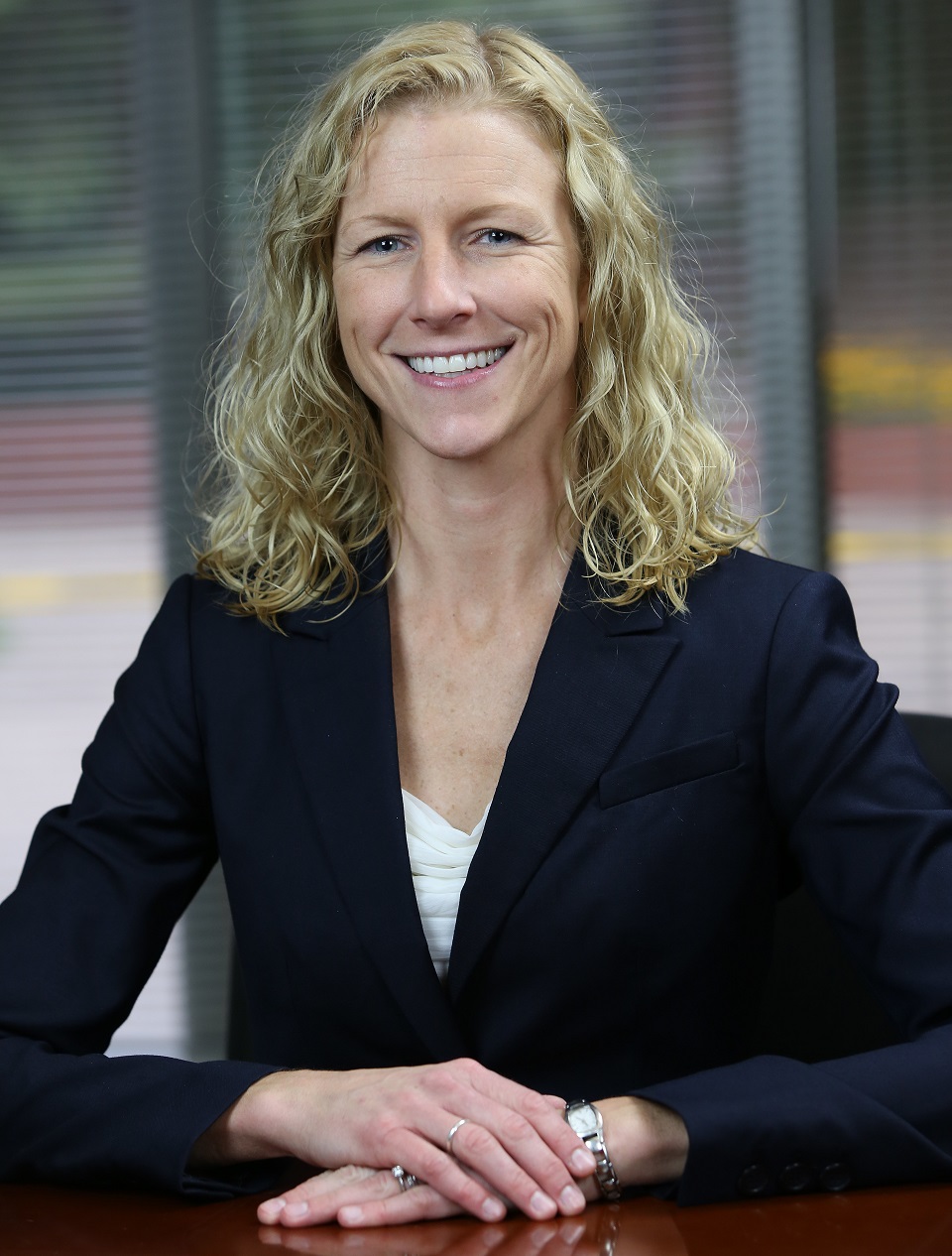Articles
Paradigm Shift: Addressing Environmental and Social Issues
- By Staff Writers
- Published: 4/8/2016
 AFP recently spoke
with Kristy Murray, environmental and social risk officer for PNC’s Corporate
& Institutional Bank (“C&IB”), about her role and the paradigm shift
both banks and corporations are going through right now in terms of addressing
environmental concerns and social responsibility.
AFP recently spoke
with Kristy Murray, environmental and social risk officer for PNC’s Corporate
& Institutional Bank (“C&IB”), about her role and the paradigm shift
both banks and corporations are going through right now in terms of addressing
environmental concerns and social responsibility.
AFP: Can you provide us with an overview on what you do on a day-to-day basis? What issues specifically are you looking at?
Kristy Murray: Broadly, as C&IB’s environmental and social risk officer, I am responsible for working with the business and risk to enhance PNC’s environmental and social risk management (“ESRM”) process. This would include developing policies and procedures to enhance our environmental risk due diligence practices for existing and prospective clients, in particular for those in industries identified as having elevated levels of risk.
I’m also responsible, alongside PNC’s Credit Portfolio Management Group, for undertaking environmental risk assessments, including the company’s first environmental stress test in 2015. During this process, we leverage PNC’s regulatory stress-testing models to better understand the credit risk in our portfolio related to environmental issues.
Another part of my day-to-day role is collaborating with ESRM peers at other banks. This collaboration has helped me get a better perspective on the challenges and opportunities facing our industry, as well as those facing our clients.
A newer component of my role has been driving employee engagement around ESRM issues. I’ve been incredibly impressed by the interest among and connection between people at PNC as it pertains to these issues. We’re building a good internal, multi-faceted coalition around this area that’s helping us to drive continuous improvement.
AFP: Regarding the environmental stress testing—can you describe that process a bit? What types of tests do you run?
Murray: We completed our first environmental stress test in 2015, focusing on the EPA’s Clean Power Plan. This was a cross-firm initiative from start to finish – beginning with discussions around scenario selection, to working with front-line and credit subject matter experts on key assumptions, and of course leveraging our Analytics and Portfolio Management team to assess the impact using our regulatory stress test models. The ultimate purpose of our test was to understand the potential credit implications of that regulation, assuming it was implemented. How would it affect PNC’s portfolio? Specifically, what would be the potential impact to our clients and how would that effect their credit quality?
It was a several month process that we ultimately brought to PNC’s Credit Portfolio Strategy Committee, which is an executive-level committee responsible for balancing risk and return. The test was a great exercise, and we are committed to continuing to do it moving forward.
AFP: You referenced working with other environmental and social risk officers—it seems then that a lot of banks are instituting this type of role. Are you also seeing your corporate clients hiring someone like yourself to address sustainability and social responsibility issues?
Murray: While it’s hard to say across the board, it’s absolutely happening in sectors that we would view as having a more sizeable environmental footprint. Many of these clients don’t just have one person, they have entire teams. My sense is that for both banks and our clients broadly, we are going to continue to see increasing awareness.
AFP: How does this relate to know-your-customer (KYC) rules? Do you find that you are demanding more of your corporate clients?
Murray: I’d separate it from formal KYC, as it is more related to our credit and underwriting process. And we have a number of different phases where this takes place. In the early stage of evaluating a potential client, for example, we undertake a prescreen process that incorporates an environmental risk assessment and that allows us to get to know our customers and their businesses.
We also have specific environmental risk questionnaire that we use for environmentally-sensitive industries, including coal mining, power generation, utilities, and oil and gas. We use this questionnaire to further understand potential risks and a client’s ability to manage these risks. Once a client is in our portfolio, we conduct regular portfolio reviews. These reviews – which incorporate environmental risk assessments – are part of our ongoing effort to be aware of who we have in our portfolios and how risks may be changing.
AFP: I know that PNC has been forced to change its relationships with some of its corporate clients, specifically those in the coal industry. Can you talk at all about why and how those relationships have changed?
Murray: In response to growing concerns around the risks associated with coal mining, we’ve made a number of changes to our policies. We’ve restricted the financing of coal companies that participate in mountaintop removal and also the financing of coal-fired power plants that lack the most advanced environmental control processes.
Copyright © 2024 Association for Financial Professionals, Inc.
All rights reserved.

